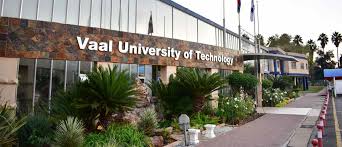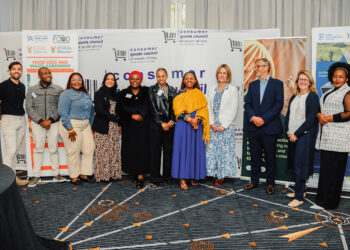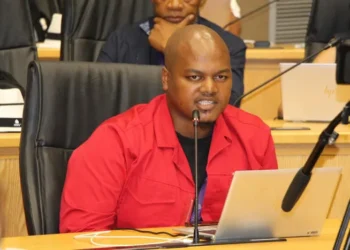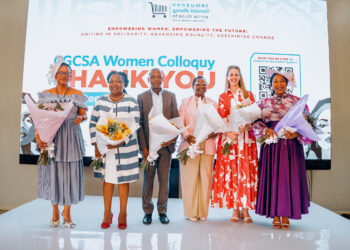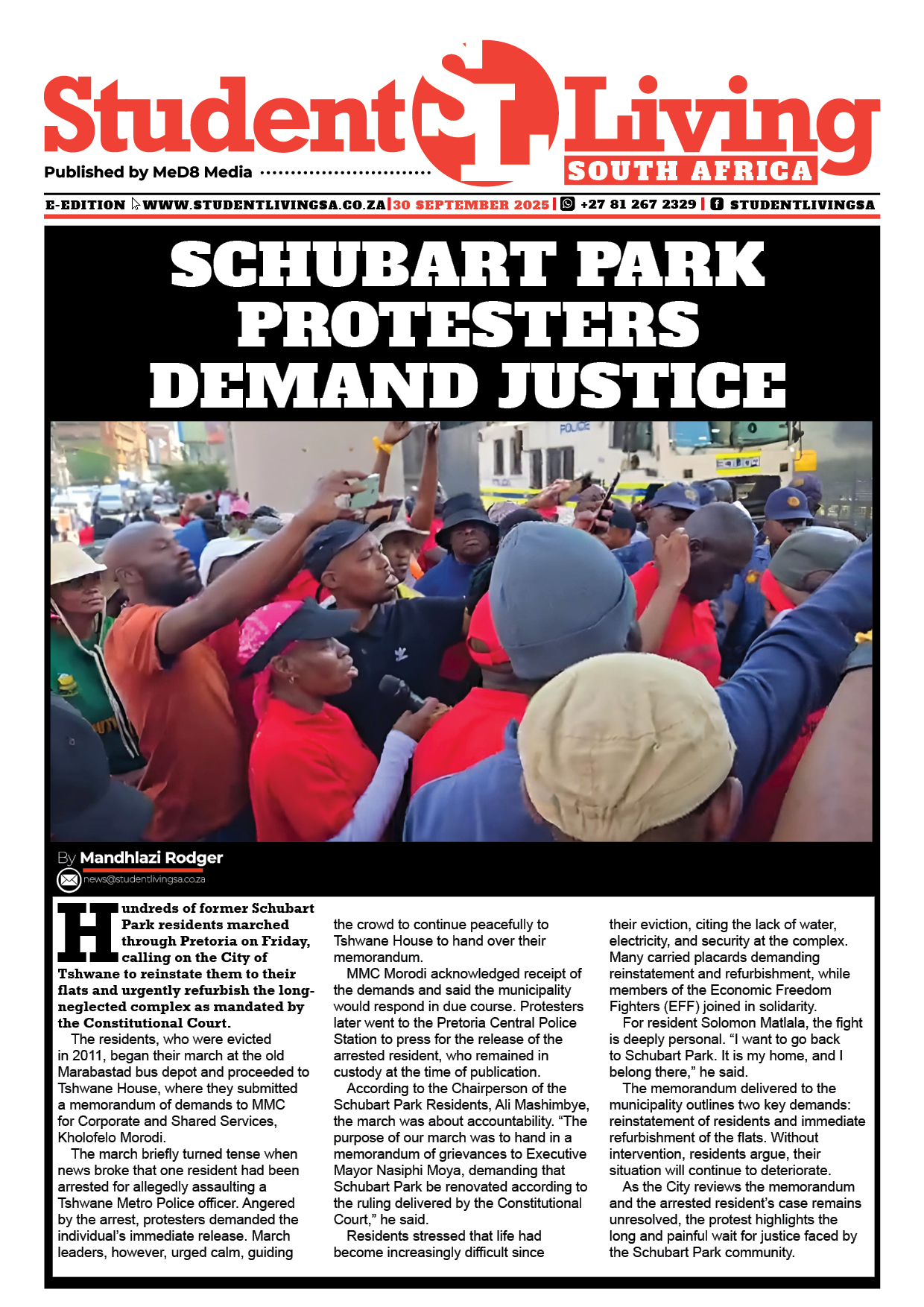This day in history is known as Black Wednesday. The World and Weekend World newspapers were banned in South Africa on October 19, 1977. Percy Qoboza, the editor of The World who later became the editor of City Press in 1984, was arrested and detained for five months under Section 10 of the Internal Security Act. He was imprisoned at Modderbee.
Furthermore, the apartheid system considered 19 Black Consciousness organizations unlawful and jailed a large number of activists. This day, October 19th, is today known as “Black Wednesday” in South Africa, and it is also recognized as National Press Freedom Day.
Today, this day is a significant occasion for discussions on media freedom and how far it has progressed since those days. The right to free press and expression is an essential component of democracy.
Black Wednesday, October 19, 1977, reminds journalists of the significance of having truly independent media as a fundamental part of democracy.
Christopher Mcinga who is a member of Association Independent Publishers (AIP) and Co-founder of Med8 Media said “a Doctor helps people when they are sick, a police personnel protects us from danger and ensures that criminals are charged, teachers teach and prepare us for future careers. Journalists and their media platforms (newspapers, radio, TV, online) help us understand what is happening around us. They narrate and curate information that may be difficult to understand as a layman. Media informs, inspires and uncovers the truth”.
The government’s actions on Black Wednesday were a clear attempt to silence and repress the media’s ability to expose the government’s wrongdoings as well as broader issues of racial injustice and discrimination. This day has since become a symbol of South Africa’s struggle for press freedom and freedom of expression.
A third year journalism student at Tshwane University of Technology, Slindile Mtshali said freedom of the media is the right of various forms of media which including print, radio, television, and online media to operate freely in society without government control, restriction.
People and journalists can freely express their ideas and information because of media freedom. It also involves the notion that the media should be independent of the government or other strong parties. Everyone should have access to various types of information, and journalists should be protected while carrying out their duties. The media should be diversified, with many different voices and opinions. Others should not be able to censor or regulate it.
It is critical to practice responsible journalism and ethical reporting. The media serves as a check on powerful people, ensuring that they are acting appropriately. The government cannot prevent material from being shared in a free media environment, but it can handle difficulties that arise afterward. People can also take part by expressing their views in the media. Media independence is critical for a democracy because it keeps people informed and holds those in power accountable.
“Media freedom is the capacity of reporters and the media to cover events and subjects without worrying about restriction or interference. It’s an important concept since it promotes free information exchange and holds those in positions of authority responsible. Being able to make informed choices and take part in the political process is made possible by media freedom, which is frequently regarded as the foundation of democracy”, said Christopher Buda, a third year journalism student at Tshwane University of Technology.
Unfunded and unseen – defunding crisis drowns SA students
By Morongwa Masemola and Okuhle Ngubane For over 800 000 students, the National Student Financial Aid Scheme (NSFAS) is not...




